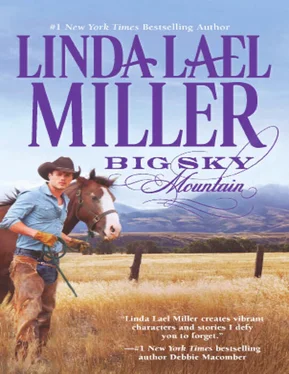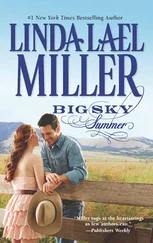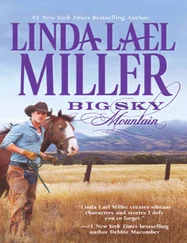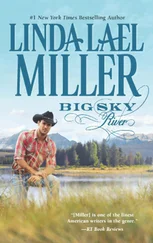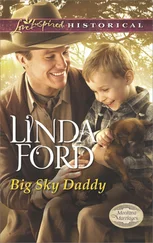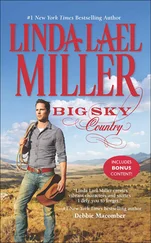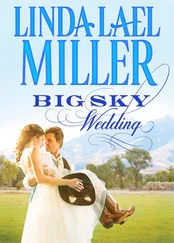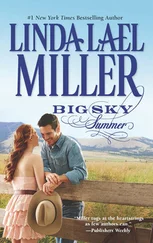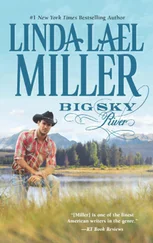Now Kendra thought about her mother, Sherry, beautiful and flaky and too footloose to raise a little girl on her own. In a moment, Kendra was right back there, like a time traveler, standing in the overgrown yard in front of her grandmother’s trailer, clutching Sherry’s fingers with one hand and gripping the handle of a toy suitcase in the other.
She’d been five years old at the time, only a few months older than Madison was now.
“I’ll be back soon, I promise,” she heard Sherry say as clearly as if a quarter of a century hadn’t passed since that summer day. “You just sit there on the porch like a good girl and wait for your grandma to get home from work. She’ll take care of you until I can come and get you.”
Maybe the suitcase, hastily purchased in a thrift store, should have been a clue about what was to come, but Kendra was, after all, a child and a trusting one at that. She hadn’t known she was being lied to, not consciously at least.
Most likely Sherry hadn’t known she was lying, either. Never mean, Sherry had always meant well. She just had trouble following through on her better intentions.
In the end, she’d leaned down, kissed Kendra on the top of her head, promised they’d be together again soon, this time for good. They’d get a house of their own and a dog and a nice car.
With that, Sherry waggled her fingers in farewell, climbed into her ancient, smoke-belching station wagon and drove away.
Kendra simply sat and waited—it wouldn’t have occurred to her to wander off or run after Sherry’s car.
When her grandmother arrived home a couple hours later, she got out of her car, lit up a cigarette and drew deeply on the smoke. Then she crossed the overgrown yard to stand there frowning down at Kendra.
With her bent and buckled plastic suitcase beside her, Kendra looked up into her grandmother’s lined and sorrow-hardened face, and saw no welcome there.
“Just what I need,” the old woman had said bitterly. “A kid to take care of.”
But Alva Shepherd had given Kendra a home, however reluctantly.
She’d put food on the table and kept a roof over their heads and if love and laughter had been lacking from the relationship, well, nobody had everything. If Sherry hadn’t dropped her off that day, she probably would have been killed in the car accident that took her mom’s life six months later.
After that, her grandma had been a little nicer to her, not out of compassion—she didn’t seem to grieve over losing a daughter or Kendra’s loss of her mother, apparently regarding it as a fitting end to a misspent life—but because Kendra became eligible for a small monthly check from the government. That made things easier all around.
“Kendra?” Hutch tugged her back into the here and now, still holding her hand.
“There are too many broken people in this world,” she said, thinking aloud.
Hutch simply gazed at her for a long, unreadable moment. “True enough,” he agreed finally, almost hoarsely. “But there are plenty of good ones, too, built to stay the course.”
Happy noises in the distance indicated that the games were about to start and picnic food was being served. Hutch was right, of course—these sturdy people all around them were the proof, teaming up to tend the grounds of a decrepit old cemetery, to serve potato salad and hot dogs and the like to old friends and new, to hold races for children who would remember sunny, communal days like this one well into their own old age.
In that moment, Kendra felt a wistful sort of hope that places like Parable would always exist, so babies could be born and grow up and get married and live on into their golden years, always in touch with their own histories and those of the people around them, always a part of something, always belonging somewhere.
It was what Kendra had wanted for Madison, that kind of stability, and what she wanted for herself, too—because her story hadn’t ended with her overwhelmed grandmother on the rickety porch of a double-wide that had, even then, seen better days. Because Opal had taken her into her heart and Joslyn had been the sister she’d never had, and the generous souls who called Parable home had taken her into their midst without hesitation, made her one of them.
Tears brimmed in her eyes.
Hutch, seeing them, stopped and cupped a hand under her chin. “What?” he asked with a tenderness that made Kendra’s breath catch.
“I was just thinking how perfect life is,” Kendra admitted, “even when it’s imperfect.”
He grinned. “It’s worth the trouble, all right,” he agreed. “Want to enter the three-legged race? I can’t think of anybody I’d rather be tied to at the ankle.”
She laughed and said yes, and threw herself headfirst into the celebration.
* * *
PARABLE COUNTY HOSPITAL was small, with brightly painted white walls, and most of the staff had been born and raised within fifty miles of the place, so folks felt safe when they were sick or hurt, knowing they’d be cared for by friends, or friends of friends, or even kinfolk.
Hutch hadn’t been there since his dad died, but now there was the baby boy, born a few hours before, ratcheting up the population by one. The numbers on the sign at the edge of town were magnetic, so they could be altered when somebody drew their first breath, sighed out their last one or simply moved to or from the community.
Slade, standing beside him, rested a hand briefly on his shoulder. After the races and the picnic and the prizes, he’d dropped Kendra and Madison and that goofy dog of theirs off at their new digs before heading home to shower, shave, put on clean clothes and make the drive back to town.
Конец ознакомительного фрагмента.
Текст предоставлен ООО «ЛитРес».
Прочитайте эту книгу целиком, купив полную легальную версию на ЛитРес.
Безопасно оплатить книгу можно банковской картой Visa, MasterCard, Maestro, со счета мобильного телефона, с платежного терминала, в салоне МТС или Связной, через PayPal, WebMoney, Яндекс.Деньги, QIWI Кошелек, бонусными картами или другим удобным Вам способом.
